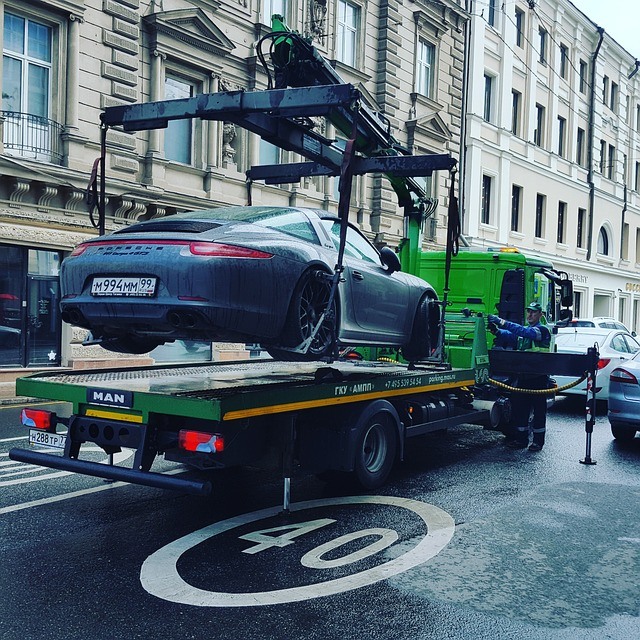Repossessed Without Notice? You have the money for that down payment on a car, signed all the papers needed to get the rest of the car financed either through the bank or the car company itself, and drove away the proud owner of a new car. Then you hit a rough patch and missed a couple of payments on your car or let the full coverage insurance lapse. You are hoping to catch up on what you owe sometime in the future, but before that happens your car disappears from your driveway.
Later you find out that the lender has repossessed your car without ever sending you a notice and you want to know whether their actions were legal. So you find yourself asking Can my car be repossessed without notice?
Repossession Without You Receiving Notice Is Normally Legal
Most states do allow for the lender to repossess your car without giving you notice (although a few may not) as long as they have a financial interest in the vehicle. As part of the papers you signed when purchasing your car you likely have signed a security agreement. In the security agreement the lender states they can have your car repossessed without notice in accordance with the law should you default on your loan or breach the contract in another way.
However, repossession of the car can’t breach the peace. In order to avoid breaching the peace the repossession company normally will try to repossess the car when you are away from the car or asleep. In order to repossess the car the repo company is normally allowed to do the following:
- Your car can be repossessed by hot wiring it.
- Use a master key to start the key
- Most states also allow the car to be removed from a car port or an open garage.
- Your car can be removed from a parking lot or the street
Some states do require the lending institutions to allow you to catch up on back payments or correct the breaches in your contract before repossessing the car.
Can a Private Seller Repossess My Car Without Notice?
Not all purchases of cars are made through loans gotten from lending institutions or car dealerships. Many cars are purchased from private sellers. Many of these purchases are arranged so that the buyer takes the car and makes weekly or monthly payments to the seller until the car is paid in full at which time they are given the title to the car.
When purchasing a car from a private seller most buyers assume that the car can not be repossessed unless you receive notice that the owner is doing so. However, in most states this is simply not the case. While private sellers have to follow the same repossession laws as do lending institutions they may be able to repossess the car under the following conditions.
- There is a contract that states that seller has the right to repo the vehicle if payments are missed.
- The seller retains the title in their name until all payment is made. Retaining the title means the seller still has ownership of the car.
The best way to avoid having your car repossessed is to make your payments on time and if you know you are going to late call the seller or the loan company and see if they will work with you. If new arrangements are made make sure you get everything in writing.




